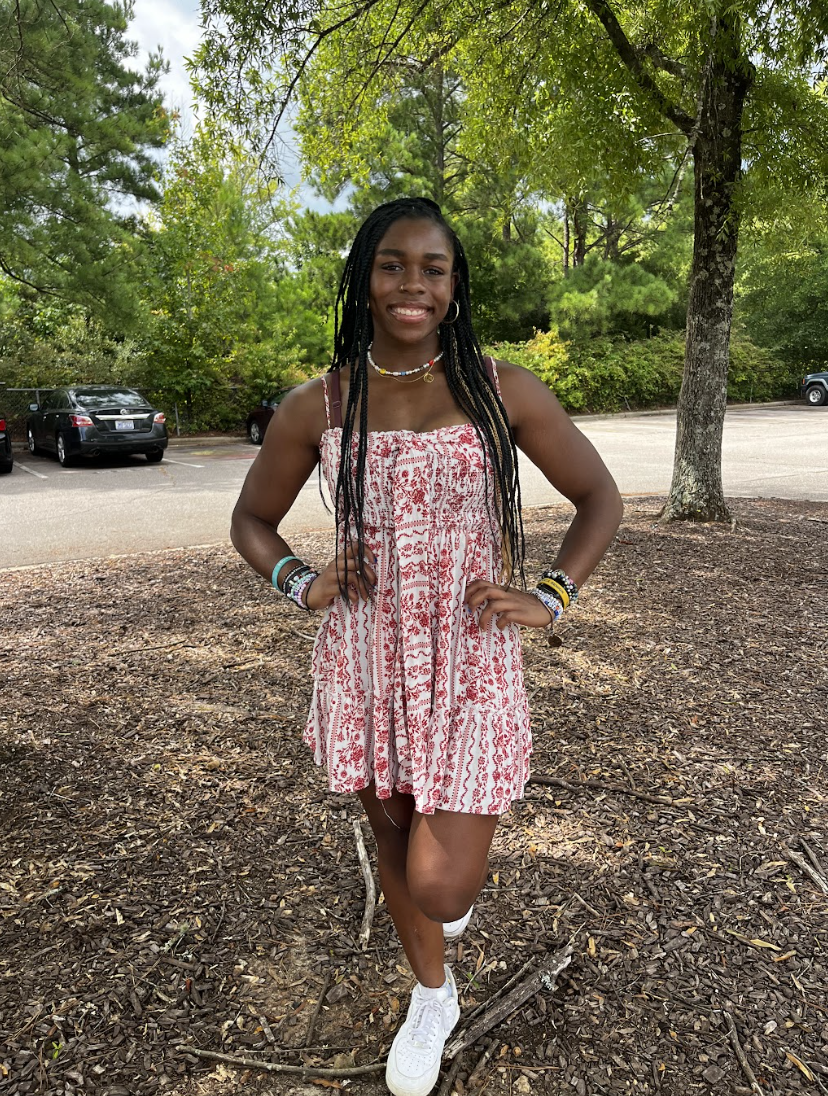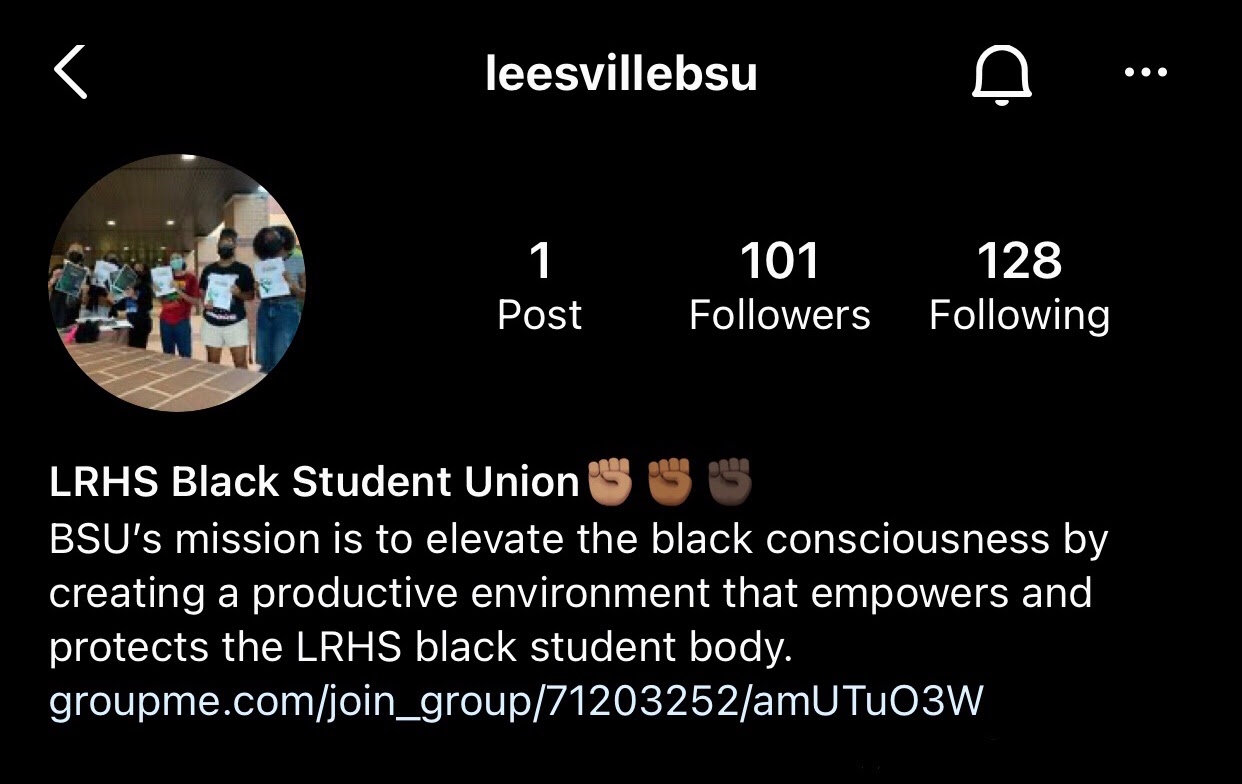Gender Orientation Club, Equity Club, Political Club, Christian Athletes Club, and many more, create a safe space for students to express themselves at Leesville.
Having a place where students feel comfortable allows many a break from toxic and unsupportive home environments. According to Healthline “safe spaces can provide a break from judgment, unsolicited opinions, and having to explain yourself.”
These clubs provide students a place to debate, express themselves and get the support they need from people who understand their situation.
One club at Leesville is the Black Student Union (BSU); according to their Instagram the club’s mission is to “elevate the black consciousness by creating a productive environment that empowers and protects the LRHS black student body.”
The club is led by Ashley Tabron and Jeffrey Florence, both teachers at Leesville. Ms. Tabron has been teaching at Leesville for 7 years and this is her first year leading the BSU.
“I think they just wanted to have a space where they can talk about things going on… without having to worry about what other people think,” said Tabron.
Having a place you know you can find acceptance will lessen anxiety and help ease “concentration issues and academic difficulty” according to The Pinion.
Being surrounded by mainly people you have shared experiences with makes it easier to express yourself without being in fear of offending or making someone uncomfortable.
A lot of people, though, feel that these spaces are so inclusionary, they become exclusionary. “Safe spaces isolate like-minded students and divide campuses around issues of race, gender, and sexuality… [and] prevent[s] students from different …backgrounds from coming together,” says an Intelligence squared article.
The argument is that these safe spaces shelter people with these marginalized identities from outside opinion, and if there was a “White Student Union” or “Straight Club” that would be an issue.
The difference is, being in a club with minorities gives you a space where you are fully accepted. When you don’t have a marginalized identity, you are always accepted in society; you are always in a “safe space.”
Vox brings up the Pulse Nightclub shooting, a gay bar in Orlando that was meant to be a safe space for LGBTQIA+ people. “For people in marginalized groups, psychological safety…and physical safety are closely related and not easy to separate,” said Vox
“I think everyone should have a space where they can be safe and be themselves because school isn’t that for everyone,” says Tabron.
Cyberbullying among students has increased 35% from 2016 to 2019, according to a Cyberbullying Research Center study. This bullying can cause fear and a sense of unsafety among everyone– specifically minorities.
According to StopBullying.gov, lesbian, gay, and bisexual students reported bullying 14.9% more than their straight peers. The study also showed non-straight students reported bullying 6% less due to safety concerns.
It’s also not only students that cause these minorities to feel unsafe. A Brooking study shows that teachers and non-teachers share the same amount of pro-white and anti-black ideology– 77% show implicit bias and 33% show explicit bias. The issue with this is the fact that teachers have the opportunity to pass these bias’ onto students and act on them themselves; causing physiological harm to students of the racial minority.
At school, students should feel accepted because that’s not always the case at home, and because of experiences many students fear coming to school.
Physiological safety is why safe spaces are important. No minority can ever truly be safe because of our society, but they can feel loved, protected, and accepted, even if it’s only for a short period of time when they are meeting with their club.


Leave a Reply